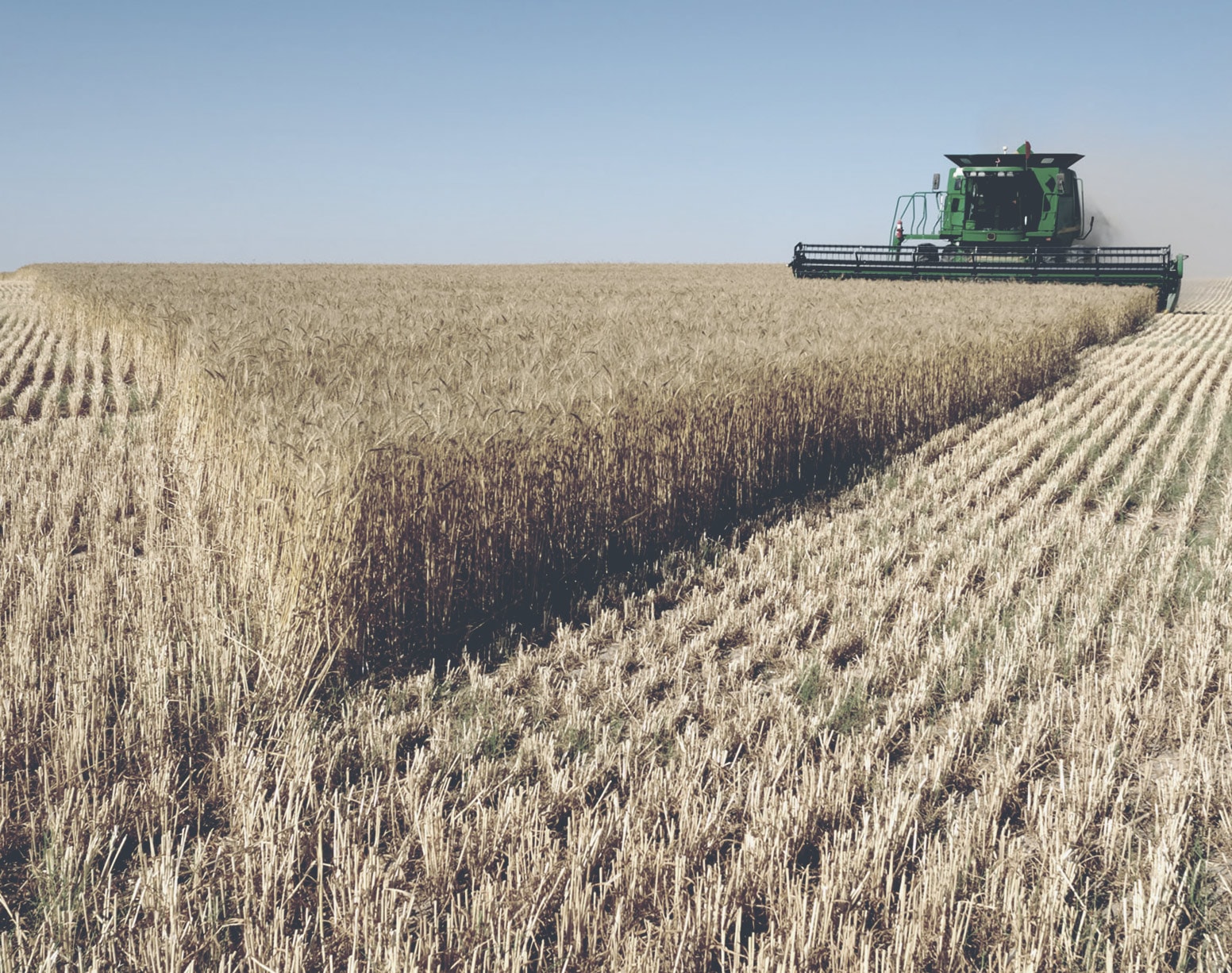Agriculture plays a significant role in the United States, positioning the country as a net exporter of food. As per the latest agriculture census in 2017, the U.S. had 2.04 million farms, spanning over 900 million acres, averaging 441 acres per farm. Two factors are vital to the agricultural industry: crop yields and soil health. And while rubber might not be the first product that comes to mind when thinking about agriculture, its applications in this sector are both transformative and extensive.
From tractor tires to irrigation systems, rubber is steadily proving indispensable for the modern farmer. Here’s how agricultural rubber solutions enhance traditional farming practices and set the stage for a sustainable and productive agricultural future.
The Evolution of Rubber in Agriculture
Historically, the agricultural sector primarily relied on materials like wood, metal, and leather for tools and machinery. In the early 20th century, rubber began being used in small applications, such as handle grips for tools or seals for irrigation systems. However, the material’s potential was quickly recognized, and its inherent elasticity, resistance to water, and durability made it an attractive alternative to traditional materials.
As technology advanced, so did the applications of rubber in agriculture. Tractor tires, once made of metal, transitioned to rubber, allowing for smoother rides, reduced soil compaction, and less wear and tear on machinery. Similarly, rubber gaskets and seals became integral to advanced irrigation systems, ensuring efficient water distribution and minimizing wastage.
The shift from traditional materials to rubber wasn’t just about adopting a new material; it was about embracing a solution that offered better efficiency and longevity. Rubber components required less frequent replacements, could withstand the rigors of daily farm operations, and showed flexibility that traditional materials couldn’t match.
Today, rubber’s presence in agriculture is ubiquitous. From the smallest seals in drip irrigation systems to the large tires of harvesters, rubber solutions have become synonymous with modern, efficient, and sustainable farming practices.
Benefits of Agricultural Rubber Solutions
The integration of rubber solutions in agriculture has ushered in many benefits, touching various facets of farming operations. Some of the most significant advantages include:
Enhanced Soil Protection: One of the primary concerns for farmers is soil compaction, which can hinder root growth, reduce soil aeration, and ultimately lead to decreased crop yields. Traditional metal tractor tires, for instance, exerted significant pressure on the soil, leading to compaction. Rubber tractor tires, with their flexibility and broader surface area, distribute weight more evenly, minimizing soil compaction. The result is healthier soil that provides an optimal environment for crops to thrive.
Improved Machinery Efficiency: Rubber’s resilience and durability play a pivotal role in enhancing the efficiency of agricultural machinery. Components of rubber, such as belts, gaskets, and seals, are less prone to wear and tear than their traditional counterparts. This reduces the frequency of machinery breakdowns and extends the equipment’s lifespan, offering farmers a better return on their investment.
Water Conservation: Efficient water use is crucial in agriculture, especially in drought or water scarcity regions. Rubber solutions, particularly in irrigation systems, are vital in water conservation. Rubber seals and gaskets ensure no leaks in irrigation pipelines, leading to optimal water usage. Moreover, rubber-based drip irrigation systems allow precise water delivery to plant roots, minimizing wastage and ensuring crops receive the necessary moisture.
Noise and Vibration Reduction: Farming machinery, by its very nature, can be loud and produce significant vibrations, which can be detrimental to the operator’s well-being over prolonged periods. Rubber components, such as mounts and insulation pads, effectively dampen noise and reduce vibrations. This makes for a more comfortable operating experience and contributes to the overall safety and well-being of farm workers.
Agricultural rubber solutions are more than just a trend; they represent a thoughtful and practical approach to addressing some of the most pressing challenges in farming. By enhancing soil health, machinery efficiency, water conservation, and operator comfort, rubber is shaping the future of sustainable agriculture.
Sustainability and Environmental Impact
In an era where sustainability is not just a buzzword but a necessity, rubber solutions’ role in agriculture is significant. Beyond the immediate benefits to farming operations, rubber’s contributions to the environment and sustainable practices are noteworthy.
Firstly, despite reports to the contrary, many rubber solutions employed in agriculture are derived from sustainable sources. Natural rubber, for instance, is harvested from rubber trees without causing harm to the tree itself, allowing for repeated harvests over the tree’s lifetime. Advancements in recycling technologies have made it possible to repurpose used rubber products, reducing the need for new raw materials and minimizing waste. This approach ensures that the material’s environmental footprint is kept in check.
In addition, rubber plays a multifaceted role in sustainable agriculture. By preventing soil compaction, rubber solutions ensure that soil remains fertile and productive for longer periods, reducing the need for interventions like tilling or the excessive use of fertilizers. Rubber-based irrigation systems optimize water usage in water conservation, ensuring that this precious resource is used judiciously. The durability of rubber components means less frequent replacements, leading to reduced manufacturing demands and, consequently, a lower carbon footprint.
A Valuable Future Ally
As the agricultural sector grapples with the challenges posed by climate change, rubber solutions offer adaptive capabilities. Whether it’s developing drought-resistant irrigation systems or machinery components that can withstand extreme weather conditions, rubber’s versatility makes it a valuable ally in building a resilient and sustainable agricultural future.
Discover how we can help you improve crop yields and soil health with sustainable agricultural rubber solutions. For more information, please contact us at 810.376.2085.


